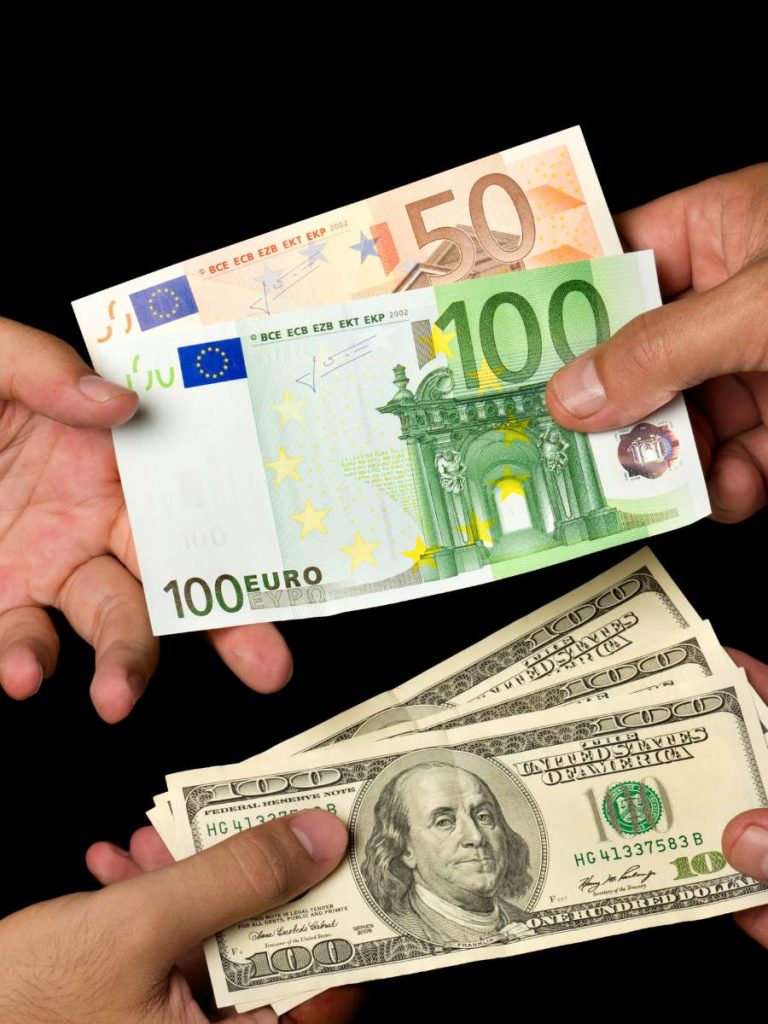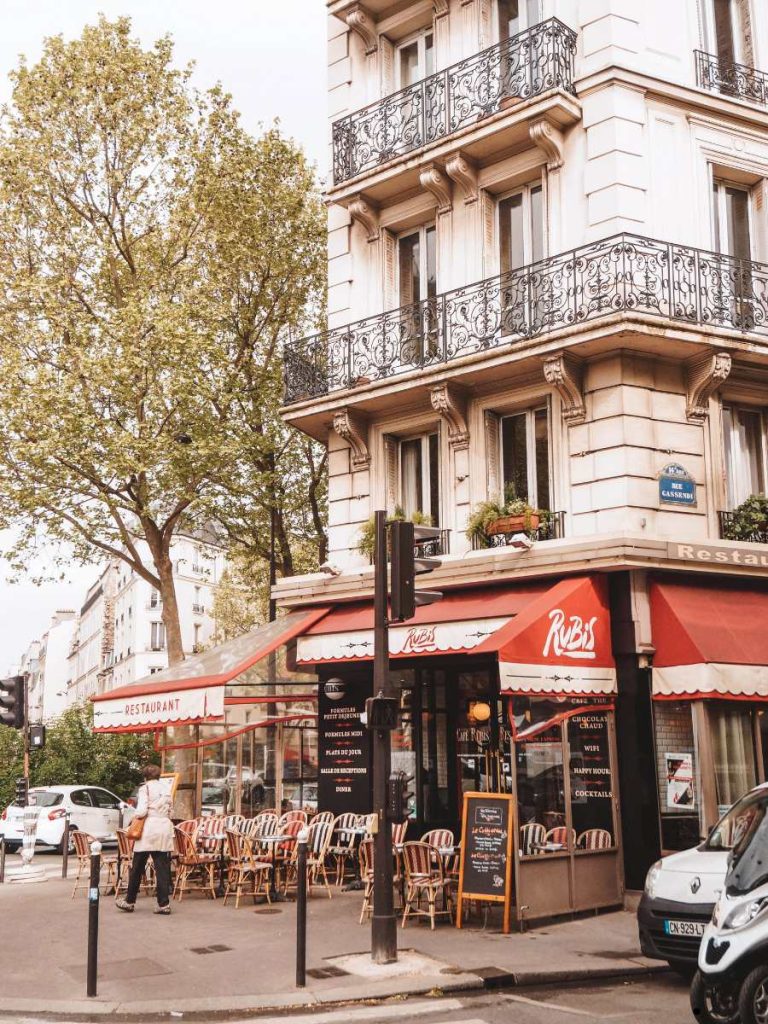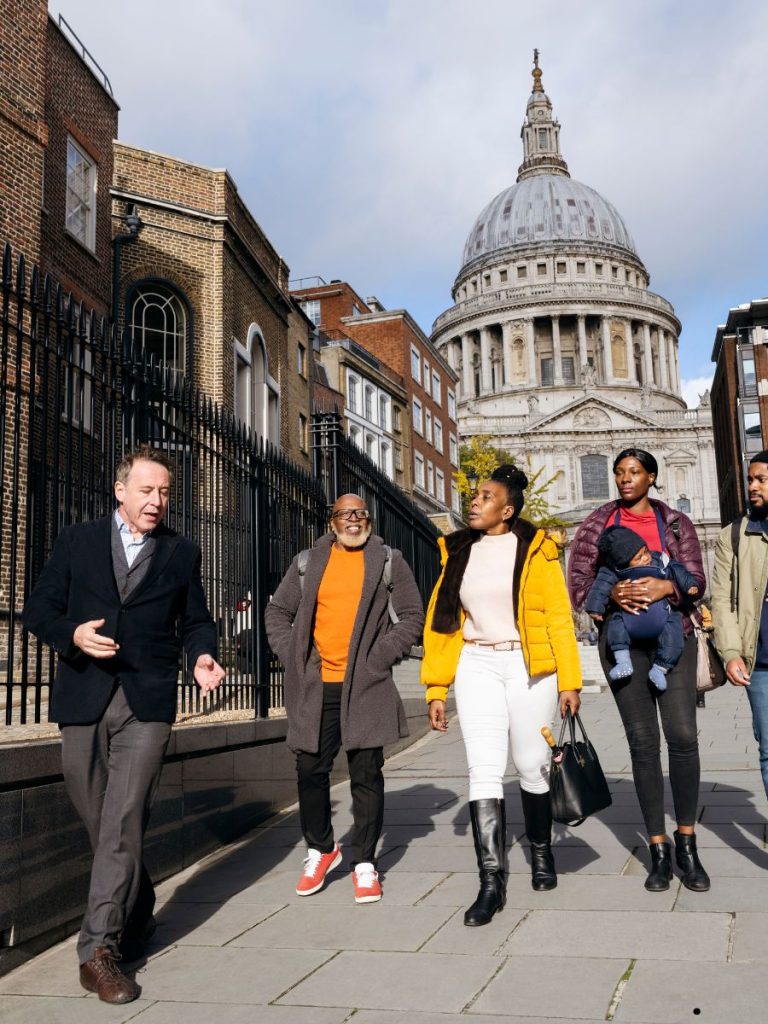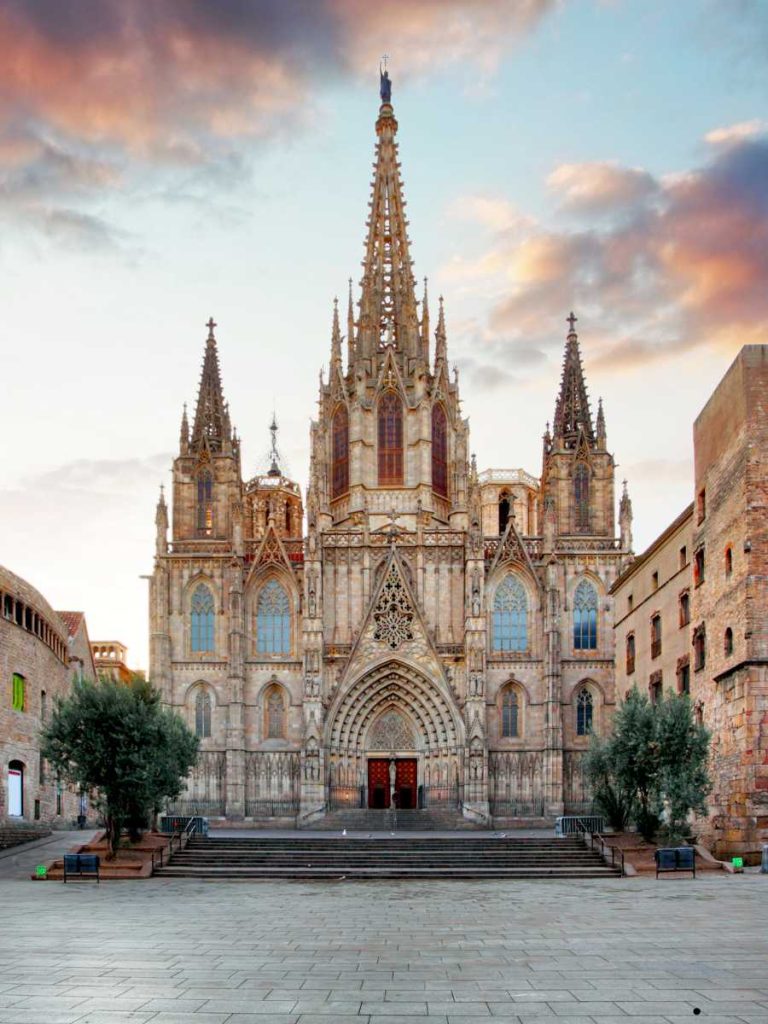Traveling to Europe is a dream for many, but it’s easy to watch that dream turn into a financial nightmare if you’re not careful. While the continent offers unforgettable experiences, rich history, and mouthwatering cuisine, it also presents plenty of opportunities for tourists to overspend. Between overpriced meals, unnecessary transportation costs, and sneaky tourist traps, many travelers unknowingly burn through their budgets far faster than they intended.
Many mistakes stem from lack of preparation, misinformation, or simply falling for common tourist pitfalls. Paying extra for things that could have been free, choosing the wrong accommodation, or making inefficient travel plans can quickly drain your travel fund. The good news? With a little bit of know-how and planning, you can avoid these financial blunders and enjoy Europe without breaking the bank.
In this guide, we’ll walk you through some of the biggest money-wasting mistakes tourists make in Europe and how to avoid them. From transportation to dining, accommodations to sightseeing, we’ll cover the most common traps and share smart alternatives to help you save money while still making the most of your European adventure.
1. Overpaying for Currency Exchange

One of the first places tourists lose money is at currency exchange kiosks. Many travelers wait until they arrive at the airport or a train station to exchange money, only to find they’re hit with terrible exchange rates and high fees.
How to avoid it:
- Use an ATM instead of exchange kiosks. Most European ATMs offer better exchange rates than airport or hotel currency exchanges.
- Bring a debit or credit card with low or no foreign transaction fees.
- If paying by card, always opt to be charged in the local currency rather than your home currency to avoid unfavorable conversion rates.
2. Buying a Rail Pass Without Checking If It’s Worth It

Many tourists automatically assume that a Eurail pass will save them money, but in some cases, individual tickets are actually cheaper, especially if booked in advance.
How to avoid it:
- Compare prices before purchasing. Use websites like Omio or Trainline to check ticket prices.
- If you’re traveling short distances or staying within one country, single tickets or regional passes may be the better option.
- Book trains in advance, especially on high-speed routes like Paris to Amsterdam or Madrid to Barcelona, where early-bird tickets can be significantly cheaper than last-minute fares.
3. Using Taxis Instead of Public Transport

European cities have excellent public transport networks, yet many tourists fall into the habit of using taxis, which can be unnecessarily expensive.
How to avoid it:
- Use public transport whenever possible—metros, buses, and trams are efficient and much cheaper.
- If you need a ride, use rideshare apps like Uber, Bolt, or Free Now instead of traditional taxis.
- Walk! Many European cities are incredibly pedestrian-friendly, and walking is often the best way to experience the charm of a place.
4. Eating at Tourist Trap Restaurants

Many tourists end up spending a fortune on mediocre food simply because they choose restaurants near major attractions. These places often charge higher prices for lower-quality meals.
How to avoid it:
- Walk a few blocks away from main attractions to find restaurants where locals actually eat.
- Use apps like Google Reviews or TripAdvisor to check ratings before sitting down.
- Opt for local markets or bakeries for a more authentic and affordable experience.
5. Paying for Overpriced Water and Snacks

Buying bottled water and snacks at tourist sites or airports can add up quickly.
How to avoid it:
- Bring a reusable water bottle. Most European cities have safe tap water, and many have public fountains where you can refill for free.
- Buy snacks from grocery stores or local markets instead of convenience stores near attractions.
6. Skipping City Tourist Cards

Some tourists avoid purchasing city passes because they seem expensive upfront, but they often provide huge savings on public transport and attractions.
How to avoid it:
- Research city passes like the Paris Museum Pass, London Pass, or Roma Pass, which offer free or discounted entry to major sites.
- Calculate the cost of individual tickets versus the pass to see if it’s worth it for your itinerary.
7. Booking Flights Without Considering Nearby Airports

Many travelers waste money by flying into major airports when smaller, alternative airports offer cheaper fares.
How to avoid it:
- Compare flights to secondary airports like Milan Bergamo (instead of Milan Malpensa) or London Stansted (instead of Heathrow).
- Factor in transport costs to and from the airport—sometimes the cheaper flight isn’t worth it if airport transfers are expensive.
8. Not Using Free Walking Tours

Many tourists pay for expensive guided tours when free walking tours offer an equally enriching experience.
How to avoid it:
- Look for free walking tours in major cities; they operate on a tip-based system, so you only pay what you think the tour was worth.
- Check local tourism websites for free museum days or cultural events.
9. Overpacking and Paying for Extra Luggage

Airlines charge hefty fees for overweight luggage, and lugging around too much stuff can be a hassle.
How to avoid it:
- Pack light and stick to carry-on luggage whenever possible.
- Check baggage policies before booking budget airlines, as they often have strict weight limits.
10. Not Taking Advantage of Free Attractions

Many travelers assume they need to pay to experience Europe’s best sights, but plenty of attractions are free.
How to avoid it:
- Research free museums, parks, and landmarks in each city.
- Visit churches, cathedrals, and historic sites that don’t charge an entrance fee.
Conclusion
Europe doesn’t have to drain your bank account if you travel smart. Avoiding common money-wasting mistakes—like falling for tourist traps, ignoring public transport, and skipping free attractions—can help you make the most of your trip without unnecessary expenses. With a little preparation, you can stretch your budget further and experience more of what Europe has to offer. Travel wisely, spend smartly, and enjoy every moment of your adventure!

